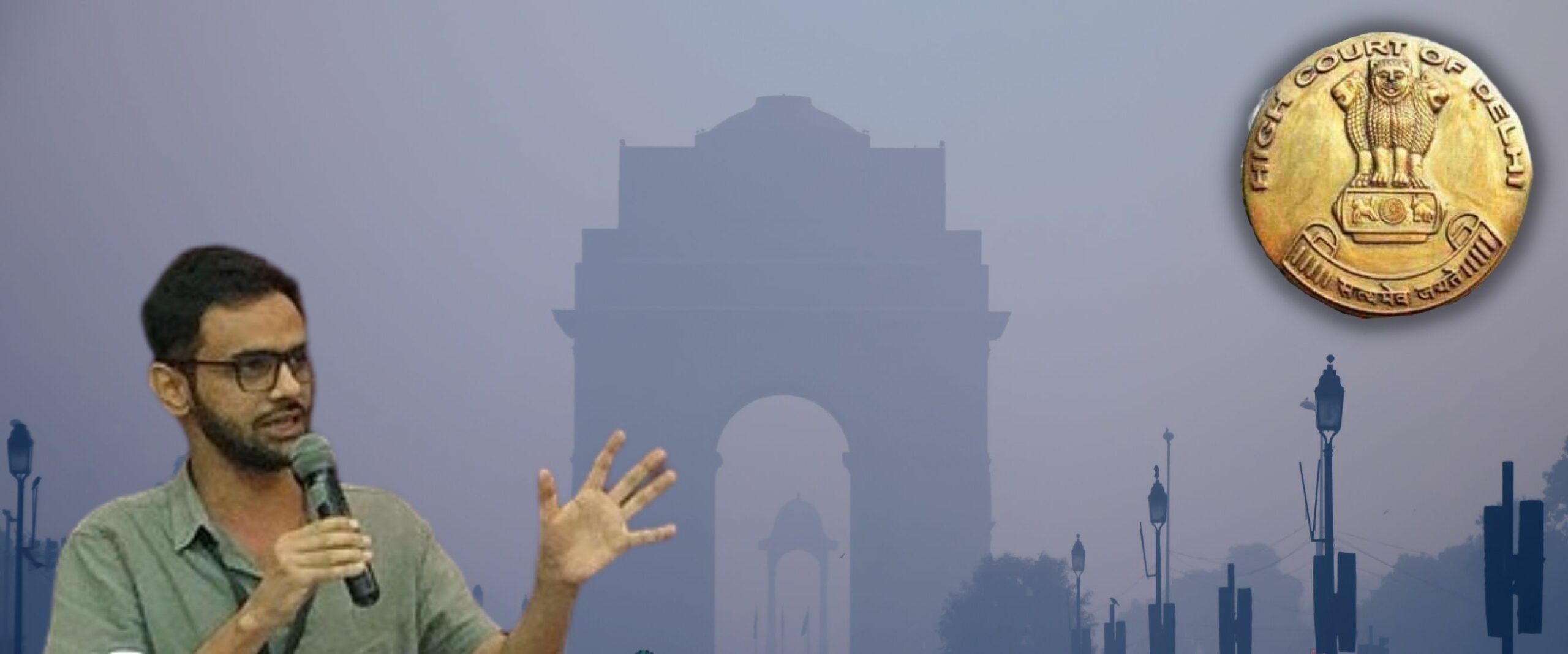Analysis
Delhi HC Questions If Umar Khalid’s Speech Was An Invitation to Violence
The Delhi High Court is keen to bring the hearings to a close before June 4th, when the Court breaks for vacation.

May 20th’s Special Bench hearing set the stage for deciding Umar Khalid’s fate following his ‘seditious’ speech at Amravati, Maharashtra on February 17th, 2020. Senior Advocate Trideep Pais argued on Mr. Khalid’s behalf before the Bench comprising Justices Siddharth Mridul and Rajnish Bhatnagar.
In previous hearings, the Bench had asked for ‘revolution’ to be defined. Mr. Khalid used the term in his Amravati speech, where he called for a revolution in the face of unjust laws and corrupt governance in India.
This speech served as the basis for the charge sheet filed against him by the Delhi Police following the Delhi Riots—which began six days later. He was charged with a bevy of offences including sedition, rioting, murder, and unlawful assembly under the Indian Penal Code, 1860. He was further charged with unlawful activities, terrorist activities, and conspiracy under the Unlawful Activities (Prevention) Act, 1967.
Bench: Need to Examine Whether Using ‘Inquilab’ and ‘Krantikaari’ Amounts to Call for Violence
A video recording of the speech was played before the Court today. The Bench and Mr. Pais discussed the nature of using the word ‘revolution’ in this context—and whether there existed an undertone of violence to the proclamation.
Mr. Pais argued that no aspect of Mr. Khalid’s speech could be considered a call to violence, even if he did boldly proclaim the need for a revolution. Gesturing toward the video, Mr. Pais highlighted the peaceful and orderly nature of the gathering before which the speech was made, arguing that there was absolutely no invitation to violence.
Words synonymous with revolution from different languages—such as inquilab (Urdu) and kraantikari (Hindi)—were woven into the speech. The Bench insisted that there was a dire need to examine their usage and whether they implied a call to violence. The Bench took some offence over the coarser language used by Mr. Khalid against the ruling government and its leadership.
However, Mr. Pais stood his ground and insisted that these words and phrases are tools for those who believe they are standing against a discriminatory and unjust law. Regarding some of Mr. Khalid’s more brusque language, he argued that the question to be considered was whether it amounted to terror or exhortation to terror. As opposed to inciting a violent uprising, Mr. Pais surmised that such speech was more akin to a non-violent satyagraha.
Adv. Pais: Offenses in Delhi Police Chargesheet Lack Factual Basis
Towards the end of the hearing, the Bench directed Mr. Pais to move on to the charge sheet and the specific offences that Umar Khalid and co-accused activist in the riots Sharjeel Imam were charged with. Mr. Pais proceeded to illustrate how ‘flowery’ language was used in the charge sheet to insinuate the radicalism of Mr. Khalid and Mr. Imam—as well as their mentor-mentee relationship. Mr. Pais alleged that the charge sheet provided little to no factual basis for these assertions.
Before Mr. Pais could dive further in, the Bench saw fit to call the hearing to a close for the day and ordered that the matter be heard regularly from May 23rd, 2022 onwards in order to bring the hearings to a close before the Delhi High Court’s summer vacation commencing June 4th, 2022.
Click here for a timeline of Mr. Khalid’s bail appeals at the Delhi High Court.